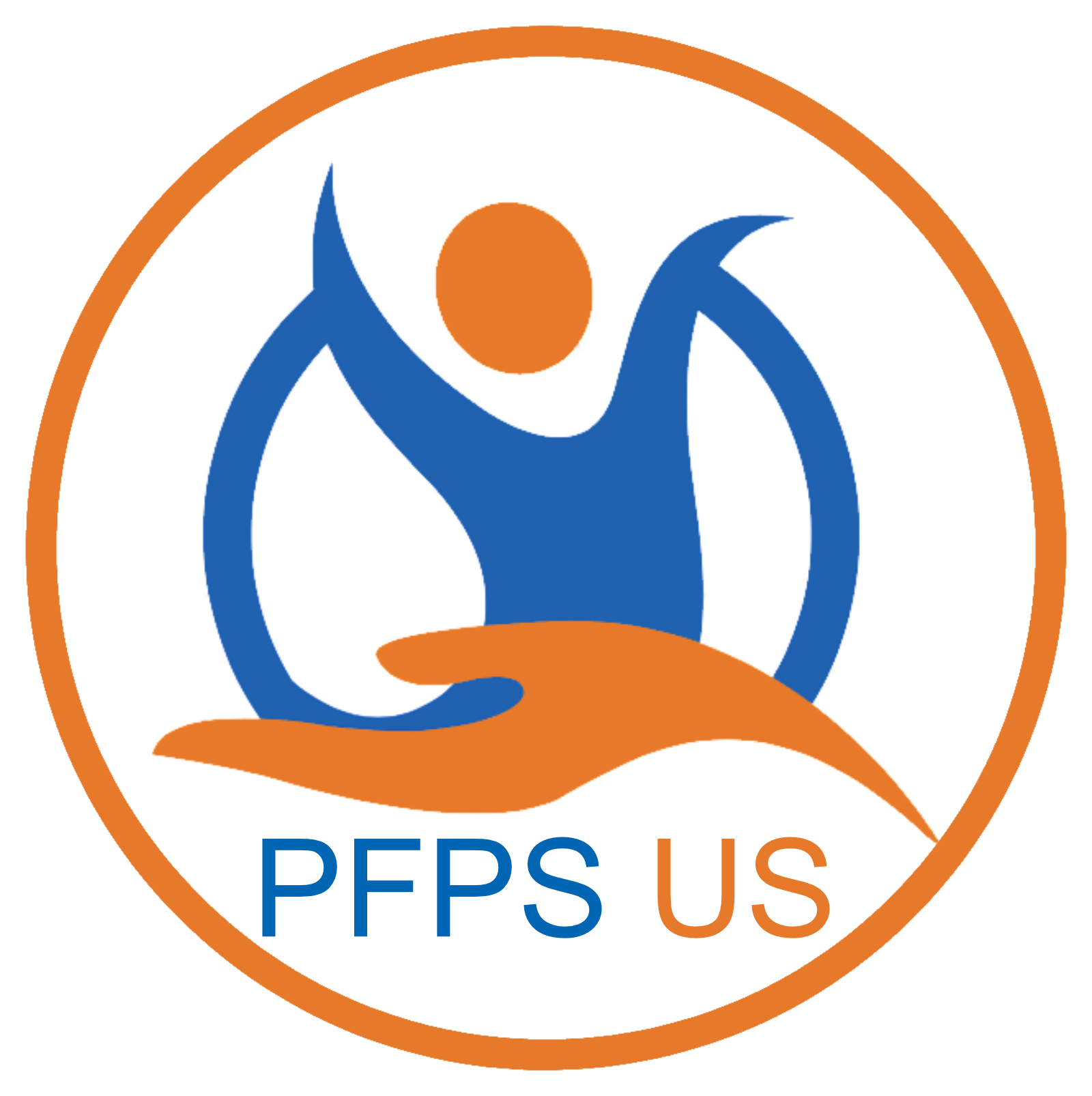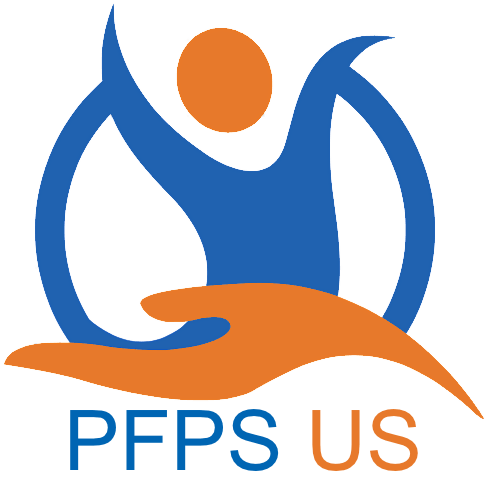POLICY and ADVOCACY
Policy and Advocacy in healthcare are closely intertwined concepts that together shape how healthcare organizations operate, how care is delivered and financed, which medicines or devices can be used to treat patients, how patient privacy is safeguarded, and how health is preserved and continuously enhanced.
PFPS US is particularly focused on advocating for policies that protect patients from medical errors or other preventable harm in healthcare. Another focus is on improving the accuracy and timeliness of diagnoses to ensure that medical conditions that can lead to harm are not overlooked.
Where is policy made in healthcare?

Healthcare policy encompasses the rules, regulations, laws, and guidelines that govern the funding, organization, regulation, and delivery of healthcare. These policies determine what services are available, who can access them, how providers are reimbursed, and how public health is protected. Policies can exist at multiple levels, from local and institutional protocols to national laws affecting the entire health system.
What is the Relationship Between Policy and Advocacy in Healthcare?

Advocacy is crucial for creating, modifying, and enforcing healthcare policies. PFPS US actively engages in advocacy by raising awareness about preventable harm in healthcare, educating and informing decision-makers, and participating in the development of policies that can prevent harm and reduce disparities in outcomes experienced by population groups at greater risk of harm.
PFPS US Advocacy

PFPS US works to ensure that policies are shaped by the lived experience of patients and our families, and reflect our real needs. PFPS US educates decision-makers by meeting with elected officials, agency leaders, and their staff. We also publish articles, file public comments on proposed policies, and get involved by joining committees that are developing policies or safety/quality measures.
As an advocacy organization, a core position of PFPS US is that harm cannot be prevented when it cannot be seen. Accordingly, with the help of our members and their networks:
- PFPS US calls for policies that expand reporting and discovery of harm events, which too often are hidden, as well as missed or delayed diagnoses, which are drastically unreported now. We urge policymakers to establish ways for patients to directly report harm themselves because it is under-reported by providers.
- PFPS US advocates for AI standards to ensure that AI algorithms are focused first and foremost on patient interests, not business interests. We believe that the use of AI by our providers and by patients themselves can improve outcomes. AI can also help us electronically detect harm events or missed/delayed diagnoses that are not reported by providers.
- PFPS US strongly supports open and honest communication and information-sharing, so that Americans are empowered with information we can use to proactively avoid harm to ourselves or our loved ones.
- PFPS US is a leading consumer voice calling for better measurement of the use of best practices to prevent harm in healthcare. Our goal is to shine a light on variation from place to place, to incentivize improvement, and give patients actionable information we can use in making healthcare decisions.
- PFPS US also supports reducing burden and waste, which adds to the cost of healthcare and is ultimately born by patients and taxpayers. An example of a burden is duplicate reporting requirements, which divert the time of healthcare workers. By waste, we mean extended hospital stays or re-hospitalization needed to treat harm that should never have happened in the first place. Waste also includes spending on programs that do not produce intended results.
PFPS US Public Comments
 PFPS US Public Comments
PFPS US Public CommentsPFPS US works to ensure that policies are shaped by the lived experience of patients and our families impacted by preventable harm in healthcare. Our Public Comment workgroup develops public comments on proposed policies, regulations, standards and measures.
Together, policy and advocacy form a dynamic relationship where advocacy drives meaningful policy, and policy provides the framework for harm prevention and continuous improvement. Patients and family members play a vital role as advocates to ensure that health policies promote safety, justice, and improved health outcomes for all Americans.

